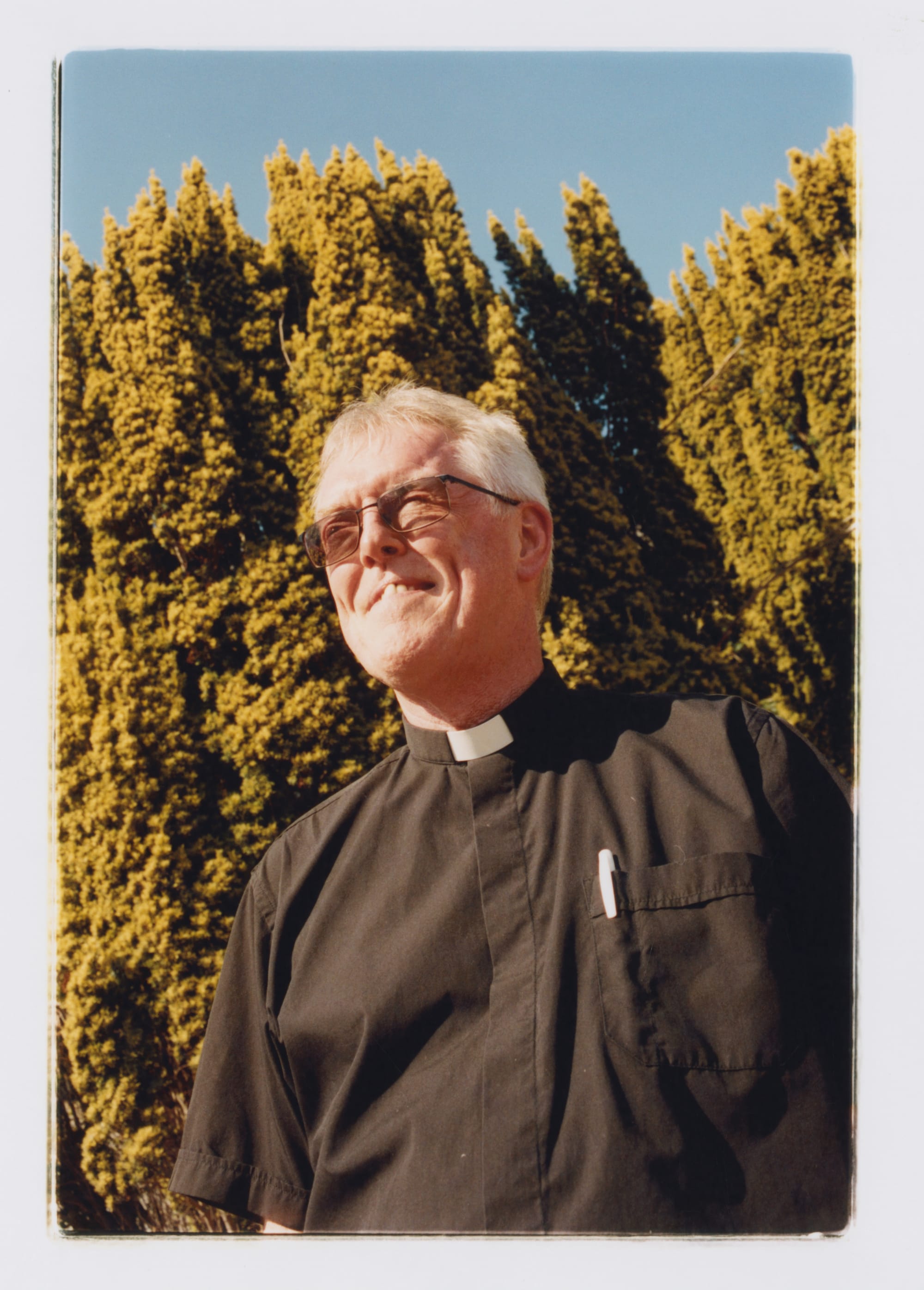HOW ONE WELSH CLUB CHANGED THE GAME
In this small part of South Wales, some big things have been happening…

Words:
James BirdImages:
There has been something going on here, and I am working out what is real and what is not. I squint over at the square metal stand on the corner of the other side of the pitch, then down at the concrete underneath my feet, and say surely not under my breath. Then I look at what the goalkeeper is wearing and close my eyes. Someone on the other side of the pitch shouts FUCKING USELESS, so I look at them for a second. Then I look up at the windmill behind the trees, and there is a man just stood there on the top of it. On the top of the windmill. Surely not. I look across at the substitute benches and think about what the person behind the bar said to me last night. A football team? There’s a football team here? In this small community between the sea of the Bristol Channel and the meadows of the Vale of Glamorgan, something has been going on.
There have been things going on in the settlement of Llantwit Major for a long time. Round barrows, mounds of earth built over the top of burial sites, show that it has been inhabited for over 3,000 years, and there is archaeological evidence that life here goes back even further, all the way to the Neolithic period.
And then there is Saint Illtud, the reason that Llantwit Major is called Llantwit Major, and the reason that we are stood outside its parish church.
llan = church enclosure +
Illtud = St Illtud +
Mawr = great.
Llanilltud Fawr is Illtud's great church.

“You can scramble around in the dust hoping to find a pair of Saint Illtud's socks, and if we did, we’d know what size football boots he needed but wouldn't know anything about him. What I'm trying to get a hold of is how do we bear witness to that Celtic tradition?”
The church is an idyllic stone building with that cooling and calming and enveloping essence that places of worship have. I’m not religious at all, but there is always a different air in buildings where people pay respect to their gods. At the rear of the church, there are Celtic Stones from the ninth or tenth century. St Illtud’s name is scrawled into the back.
“If you look at the Celtic stones,” Father Edwin continues. “You've got a cross, then a circle around the outside which is the intersection of God’s humanity, and then in the middle, you’ve got all those knotty bits. That’s the crappiness of life, that is. It’s the pandemic, it’s work, it’s falling out with your partner.”
“It’s the stuff that we don’t understand.”
Ben’s just texted me. It’s time to go for a beer. It’s time to find out about the knotty bits. The football bits. The stuff I don’t understand.